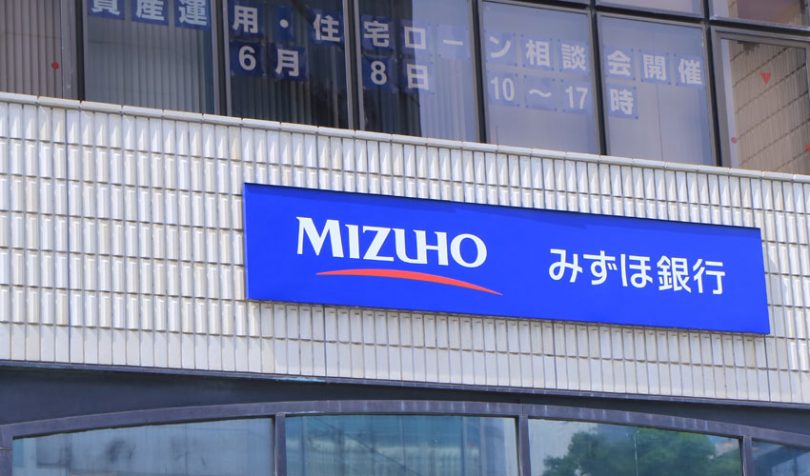Mizuho Bank announced plans to launch its J-Coin Pay app on March 1st. The company has signed up almost 60 financial institutions to what it refers to as its “Banking Digital Currency Platform”.
Consumers will be able to scan a QR code using a smartphone to make a payment. Each J-Coin is equivalent to one Yen and the J-Coin Pay motto is “anytime – anywhere – free”.
Because the participants are banks, they can afford to allow users to transfer money from their bank into J-Coins for free. That could be a significant advantage in J-Coin’s battle with incumbent non-financial competitors. The banks also plan to charge retail outlets lower fees compared to competitors and cards.
Japan is a country where cash still dominates retail payments. And Mizuho stated that one of the goals was to help the government reach its target to reduce the cash ratio from its current 80% to 60% by 2025.
The competition
Given the high rate of cash usage, there’s still much to play for. But J-Coin is up against established players in Rakuten and Line. In Japan, Line is the dominant chat app with 79 million Japanese users active monthly. Its wallet functionality Line Pay rocketed from processing Yen 473 billion in 2017 ($4.3 billion) to Yen 1.07 trillion ($9.7 billion) in 2018 with a surge in the second half of 2018. Line is accepted at 1.33 million locations and has tie-ups with Starbucks, VISA and numerous others.
In the announcement, Mizuho included a list of companies or retailers “considering” using J-Coin Pay. According to Nikkei Asian Review Mizhuo is targeting 300,000 outlets and 6.5 million users in a few years.
In terms of the almost 60 J-Coin banking partners, there are some notable wins such as Sumitomo Mitsui Trust Bank and Shinsei Bank. But there are also major banks not on the list including Mitsubishi UFJ (MUFJ), Japan Post Bank and Resona Holdings. MUFJ is working on its own coin and announced a tie-up with Akamai last week for blockchain payments.
A pressing issue is the 2020 Olympics in Japan, with the expected deluge of foreign visitors who aren’t accustomed to paying cash for everything. That especially applies to Chinese visitors. Hence there’s a tie-up with Alipay and UnionPay. However, Alipay is also actively directly courting retail outlets in Japan.
But beyond the Olympics, Mizuho has big plans for J-Coin including using J-Coins for payroll and expense reimbursement. If it can get enough companies to pay staff using J-Coins that would be a substantial competitive advantage.







